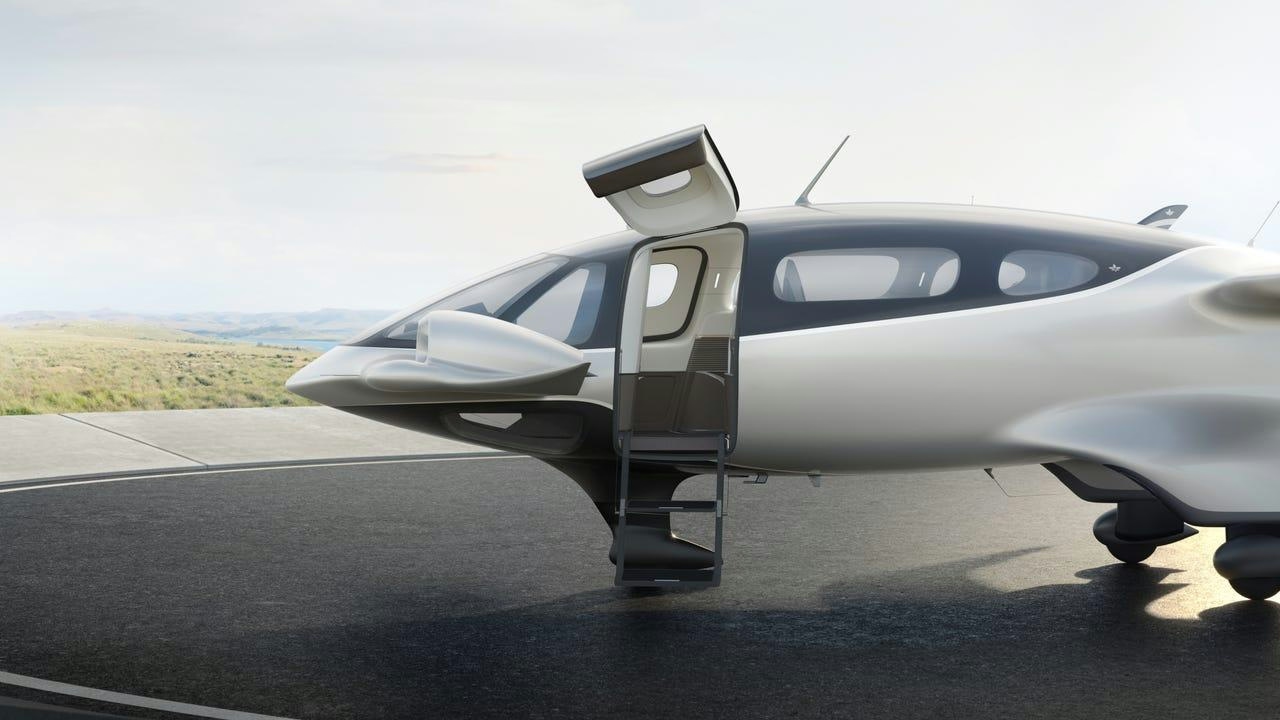
AeroGenie — Your Intelligent Copilot.
Trending
Categories
Delivery Delays Push Back Retirement of Airbus A380 and Boeing 747
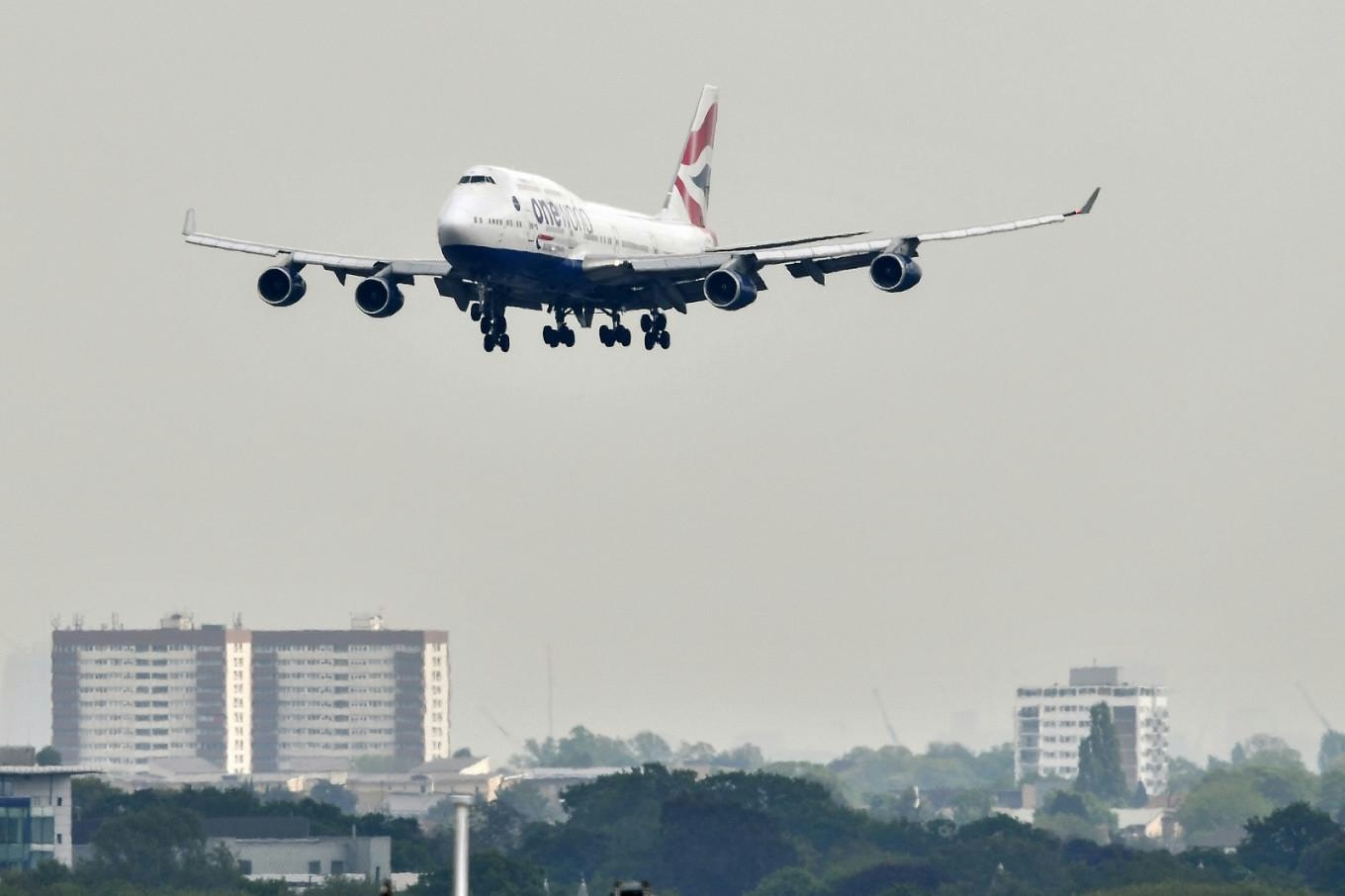
Delivery Delays Postpone Retirement of Airbus A380 and Boeing 747 at Korean Air
Korean Air has announced it will continue operating its aging Airbus A380 and Boeing 747-8 aircraft for several more years due to persistent delivery delays from both Airbus and Boeing. The airline’s original plan, as outlined by CEO Walter Cho, was to retire these iconic double-decker jets by 2026. However, ongoing setbacks in aircraft deliveries have compelled Korean Air to revise its fleet renewal timeline.
Impact of Delivery Shortfalls on Fleet Modernization
Korean Air’s current fleet comprises six Airbus A380s with an average age of 11.6 years and 18 Boeing 747-8s averaging 11.9 years, alongside 46 Boeing 777s that have been in service for approximately 12.3 years. The airline is awaiting the delivery of around 20 aircraft from each manufacturer, a shortfall that has made it impossible to phase out the older models as initially planned. CEO Cho emphasized that until the new aircraft arrive, the older A380s, 747-8s, and some of the aging 777s will remain in operation.
These delivery delays are part of a broader industry-wide challenge. Airbus, for instance, experienced a 4% decline in deliveries in May, with total deliveries for the year down 5% compared to the same period last year. Reuters reports that only 359 planes were delivered in the first four months of the year, significantly below the forecasted 1,430. This bottleneck is hindering growth in the commercial aviation sector and has led some airlines to contemplate legal action. Despite these difficulties, Airbus maintains its annual delivery target of 820 aircraft, though production and delivery rates continue to raise concerns.
Korean Air’s Current Operations and Future Fleet Plans
At present, Korean Air operates six A380s, two of which are currently parked. The airline is also set to acquire eight additional A380s from Asiana Airlines following the completion of their merger. It remains uncertain whether the interiors of these incoming aircraft will be updated to align with Korean Air’s distinctive configuration, which includes two separate bars for First and Business class passengers and a duty-free boutique located at the rear of the lower deck.
Korean Air is now one of only three airlines worldwide still flying the Boeing 747-8, alongside Air China and Lufthansa. CEO Cho reiterated the airline’s commitment to phasing out these older aircraft as soon as the new deliveries are fulfilled.
Looking ahead, Korean Air’s fleet expansion remains ambitious. The airline has over 40 Airbus A321neos on order, in addition to four A350-900s and 27 A350-1000s. On the Boeing side, Korean Air is awaiting more than 24 737 MAX 8s, 20 777-9s, six 787-9s, and 31 787-10s, with deliveries scheduled through 2028. To address immediate passenger demand, the airline is also retrofitting four Boeing 777-300ERs with new Prestige Suites 2.0 cabins.
Until the arrival of these new aircraft, Korean Air’s Airbus A380s and Boeing 747-8s—once slated for retirement—will continue to be a familiar presence in the skies.
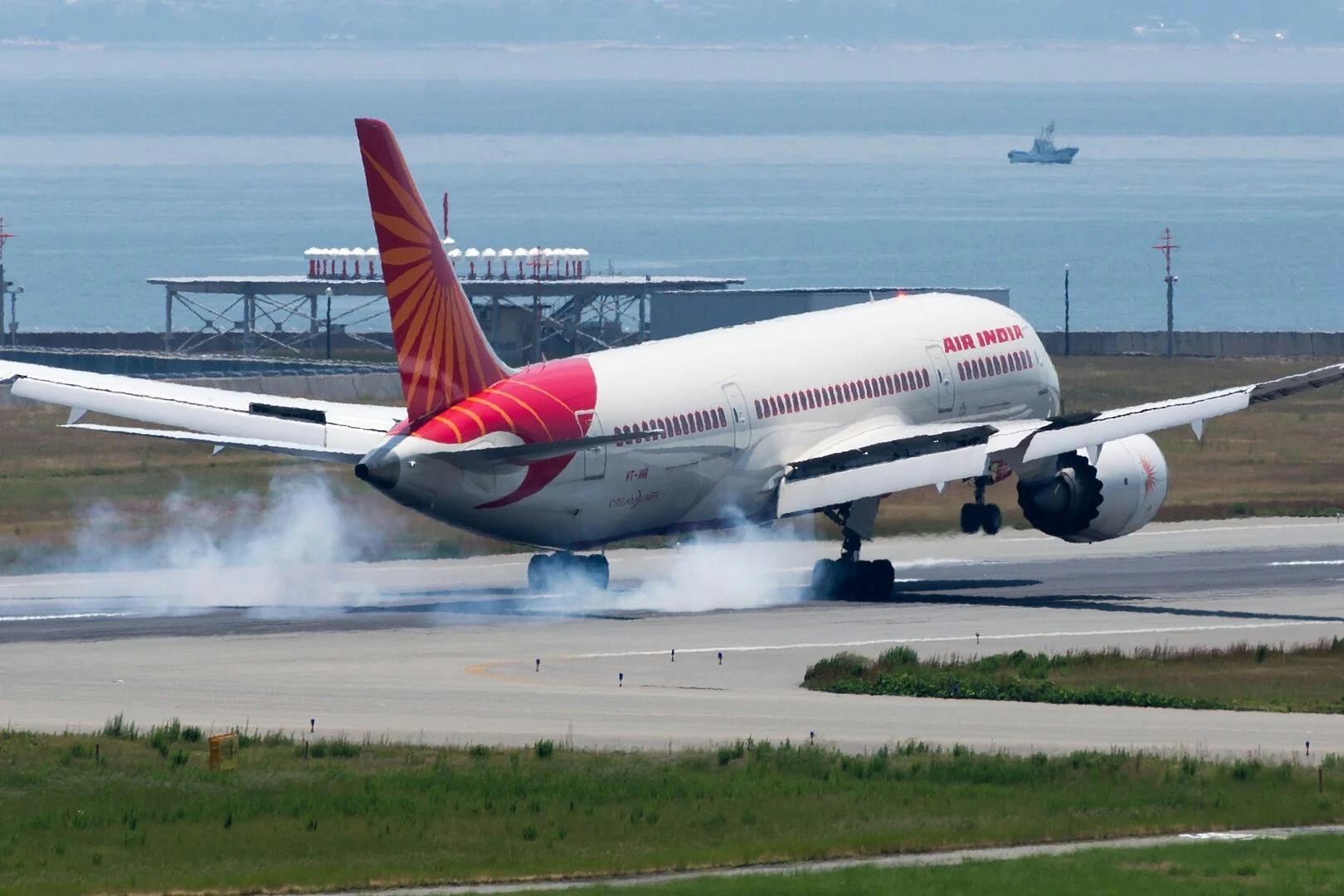
AI Flight from Milan to Delhi Canceled Friday Due to Dreamliner Technical Issue
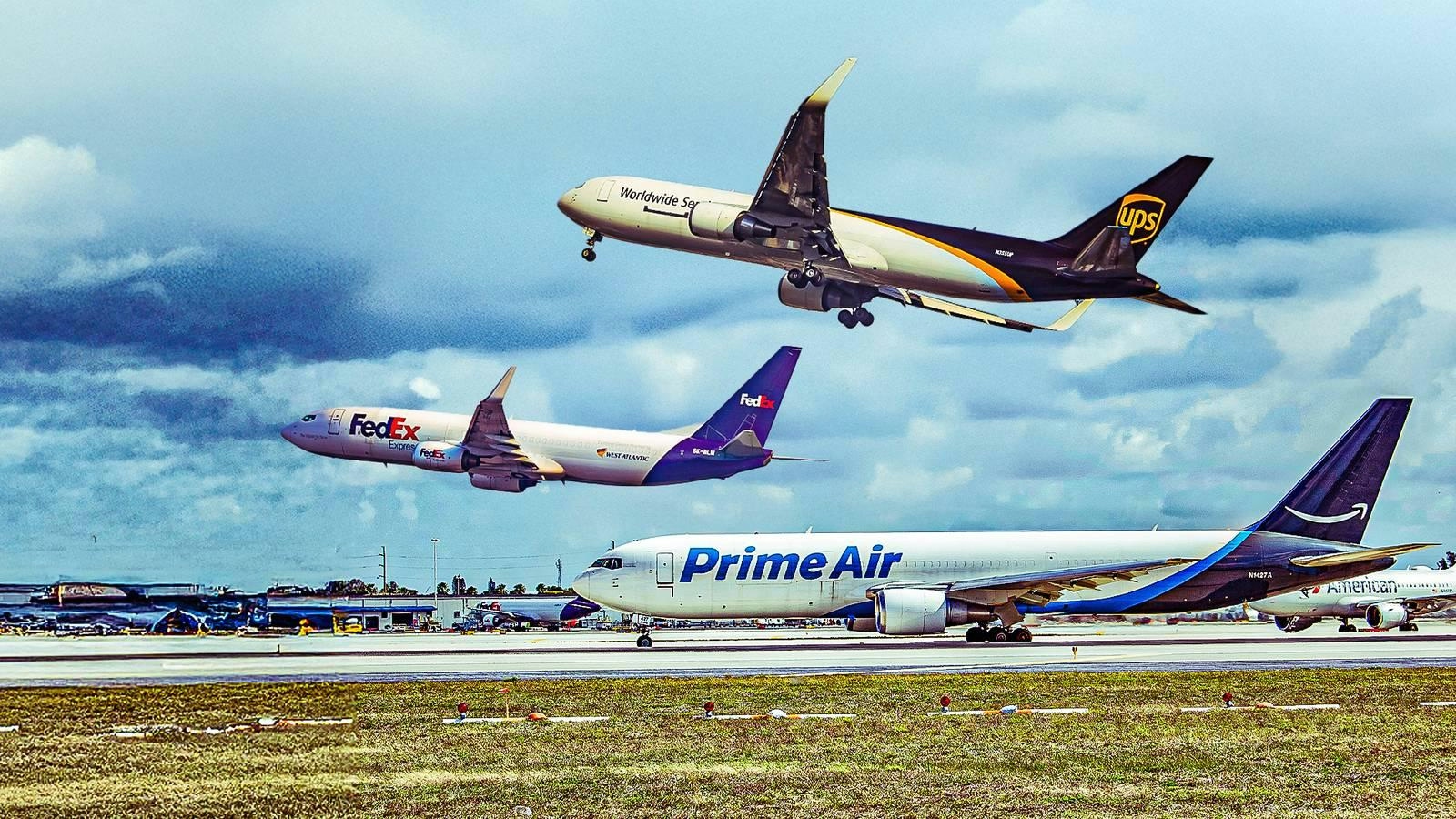
Longest Boeing 767 Flights Scheduled for October
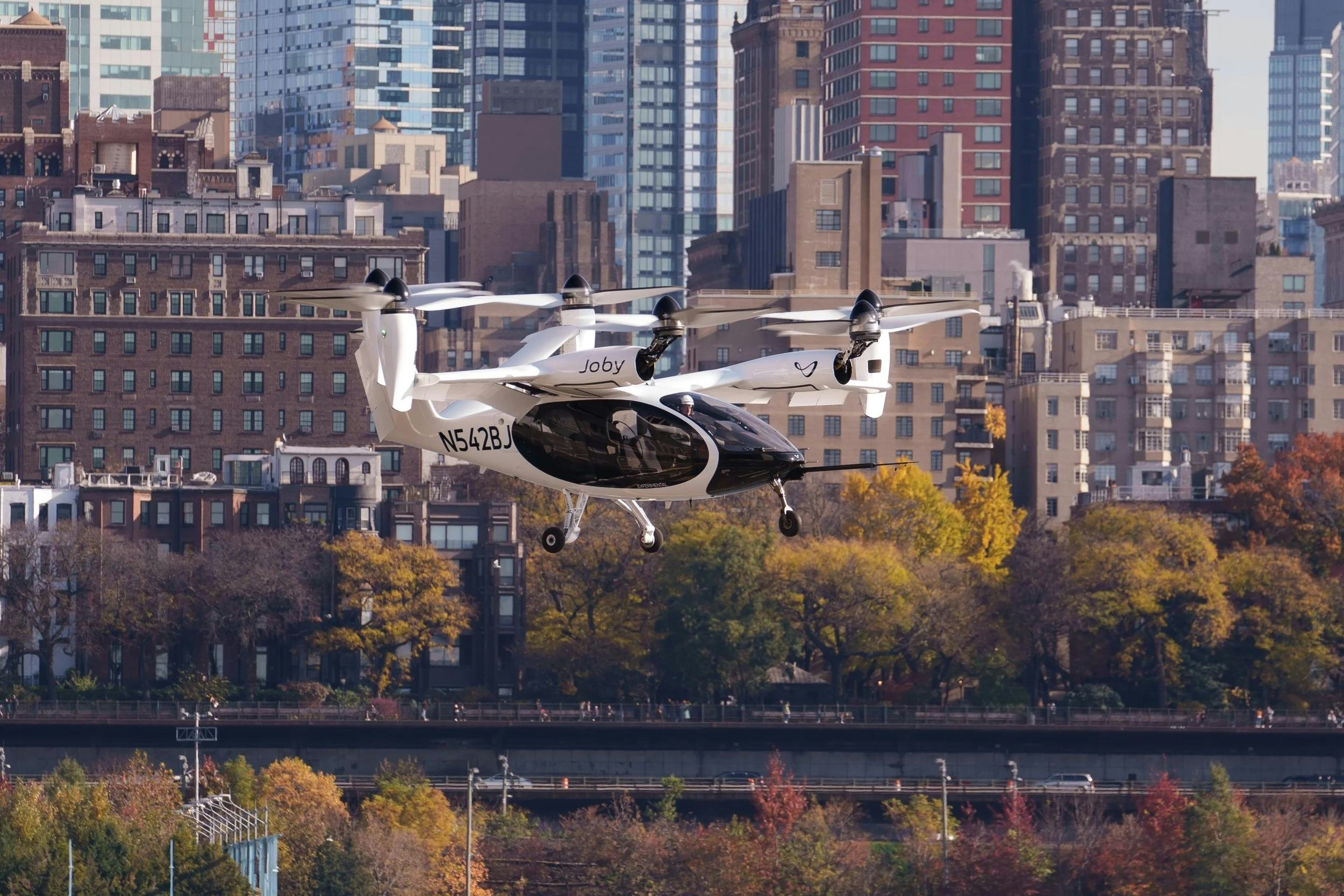
Former Uber Executive Joins Joby to Advance Flying Taxi Development
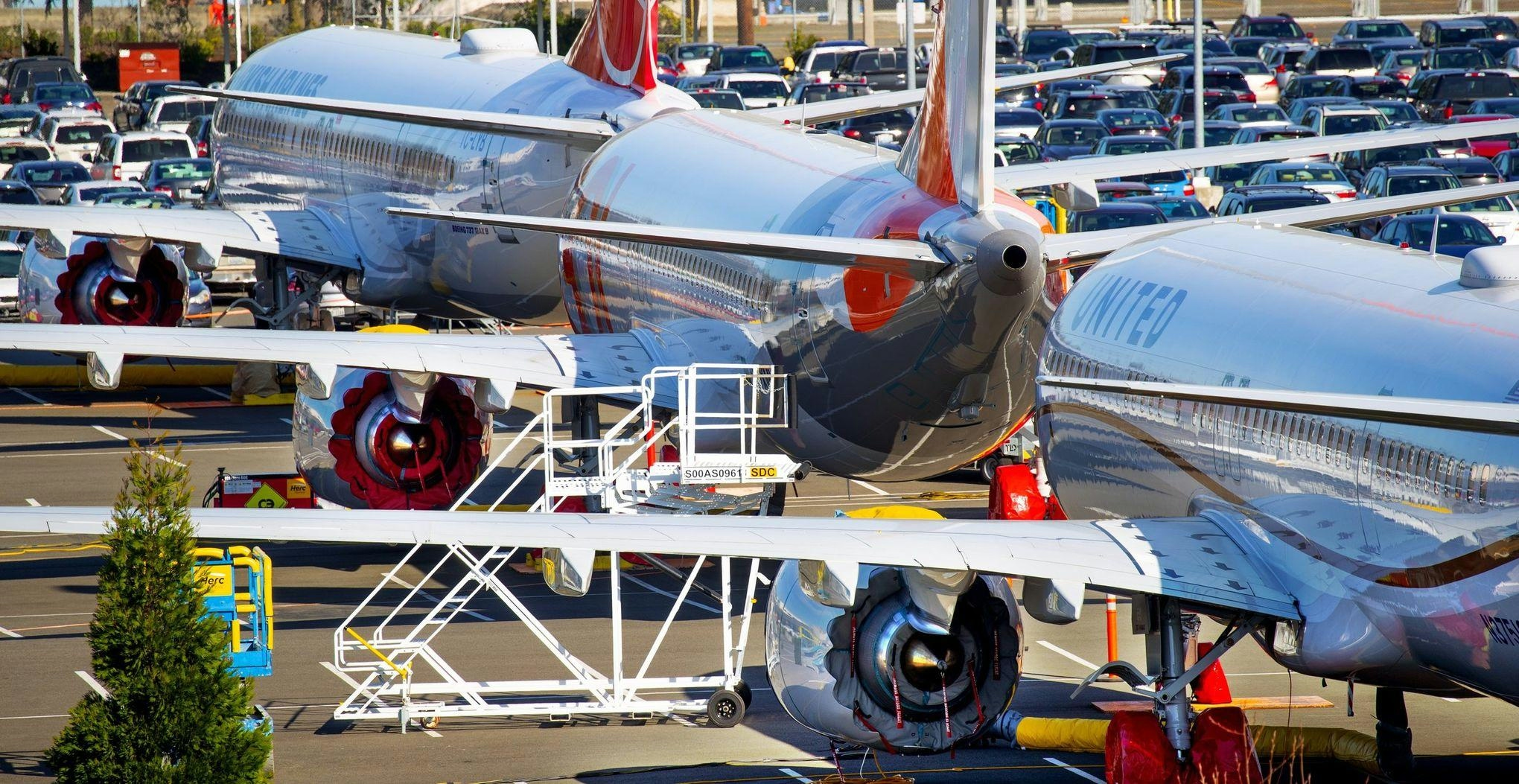
Boeing 737 Aircraft Grounded Amid Safety Concerns
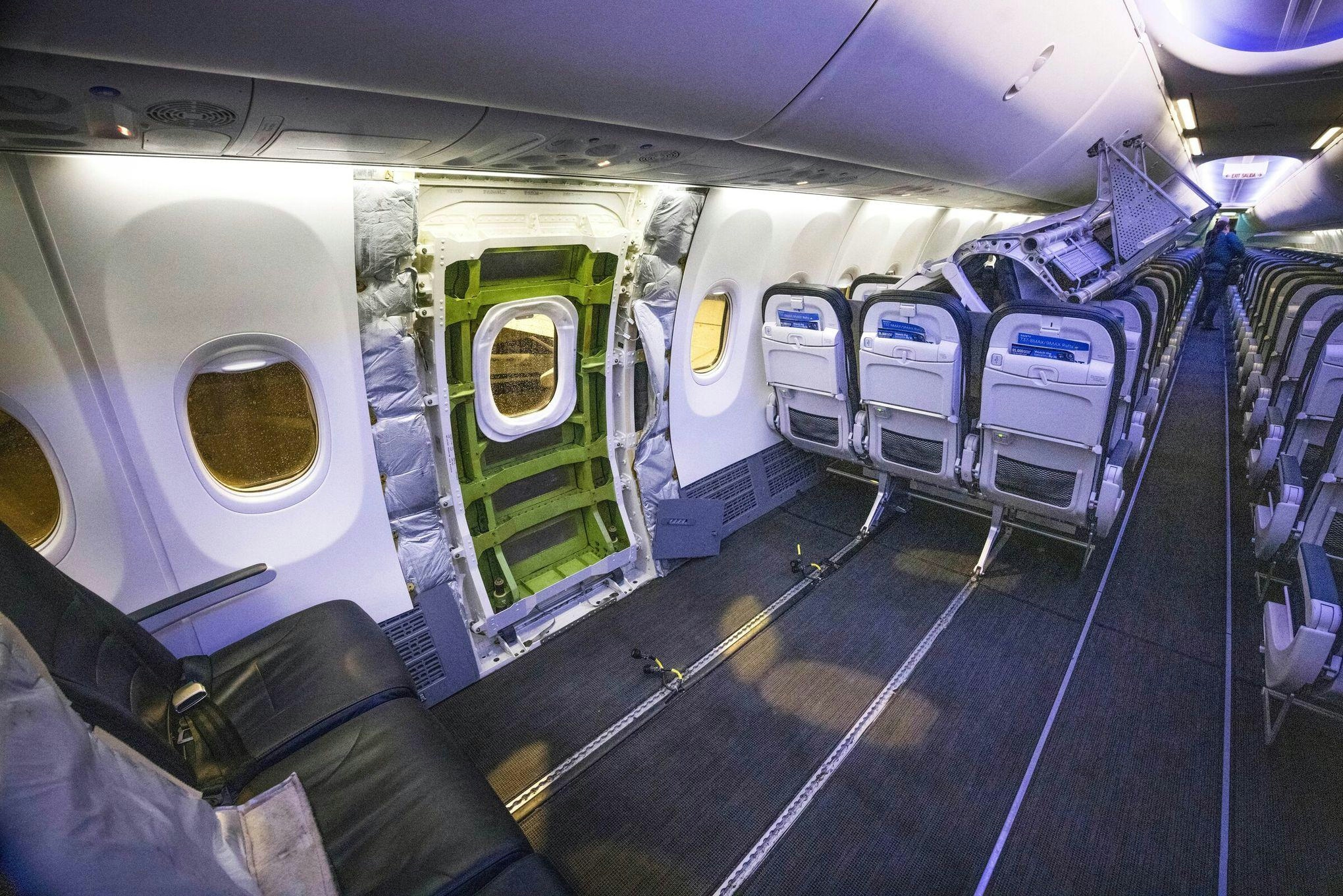
Aircraft Deliveries Drop 30 Percent, Raising Safety Concerns
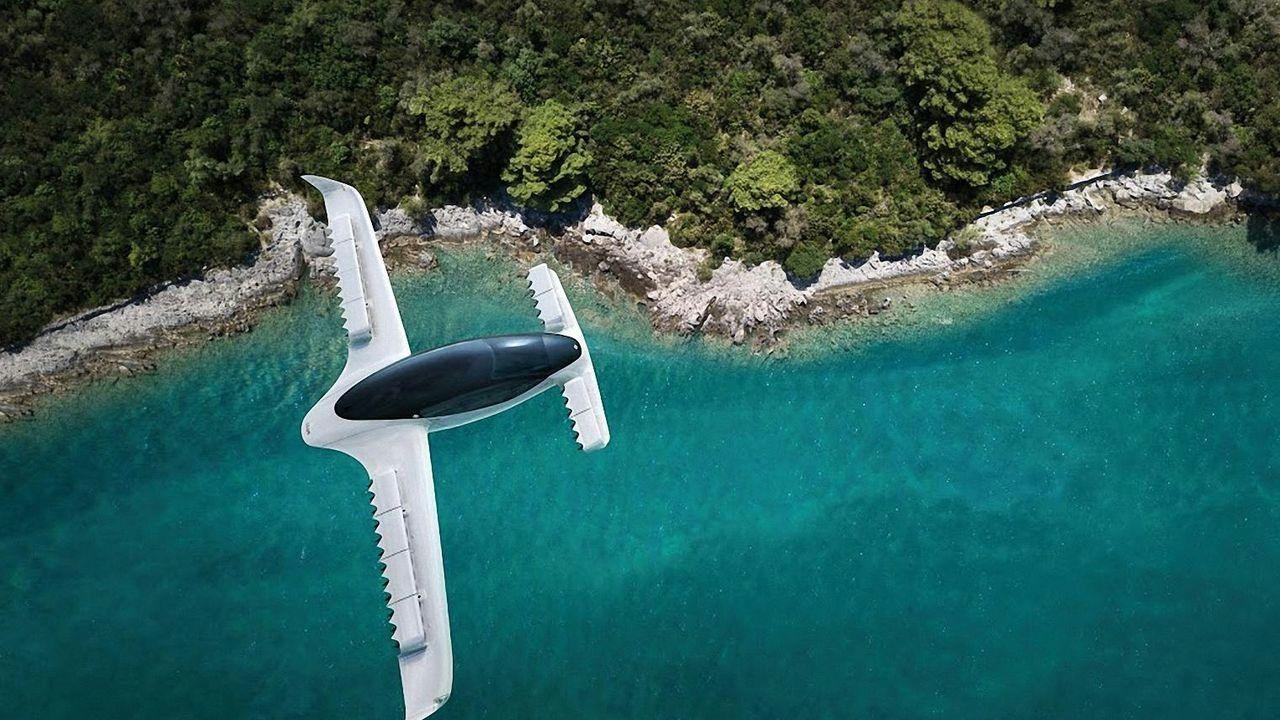
Florida Launches Air Taxi Testing Facility as Part of Transportation Plan
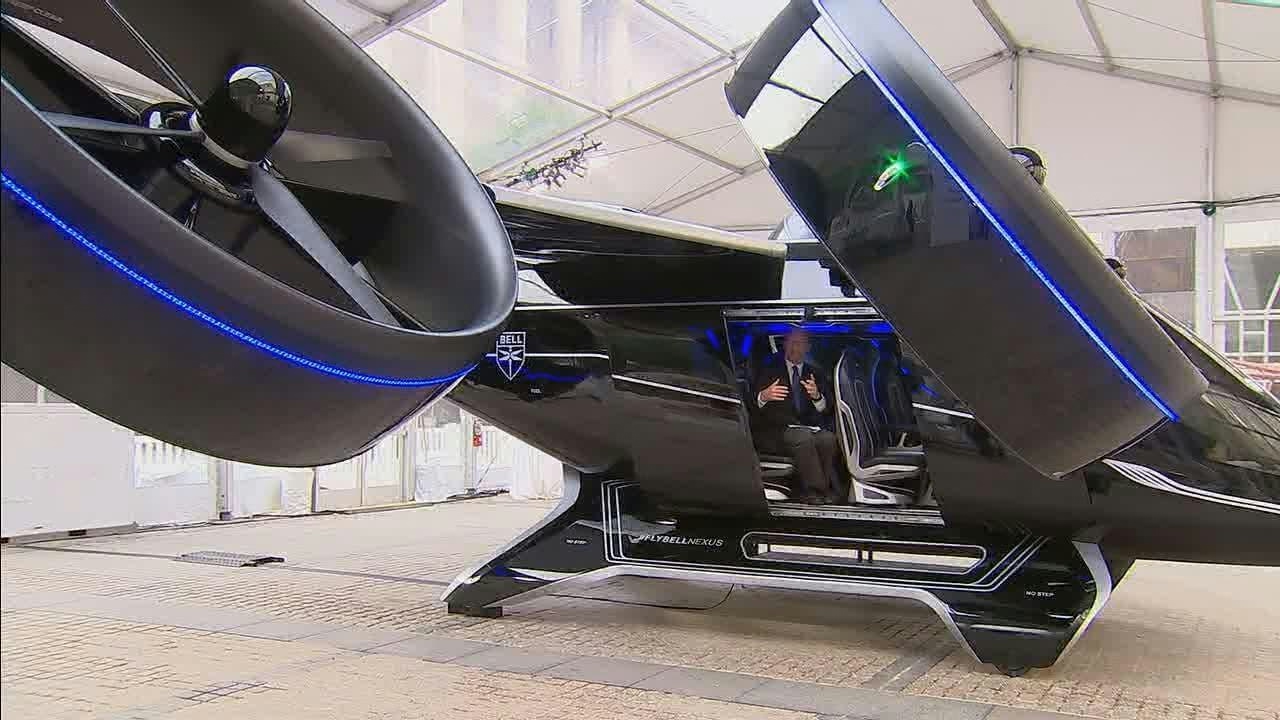
New I-4 Express Lanes and Air Taxi Testing Facility Announced
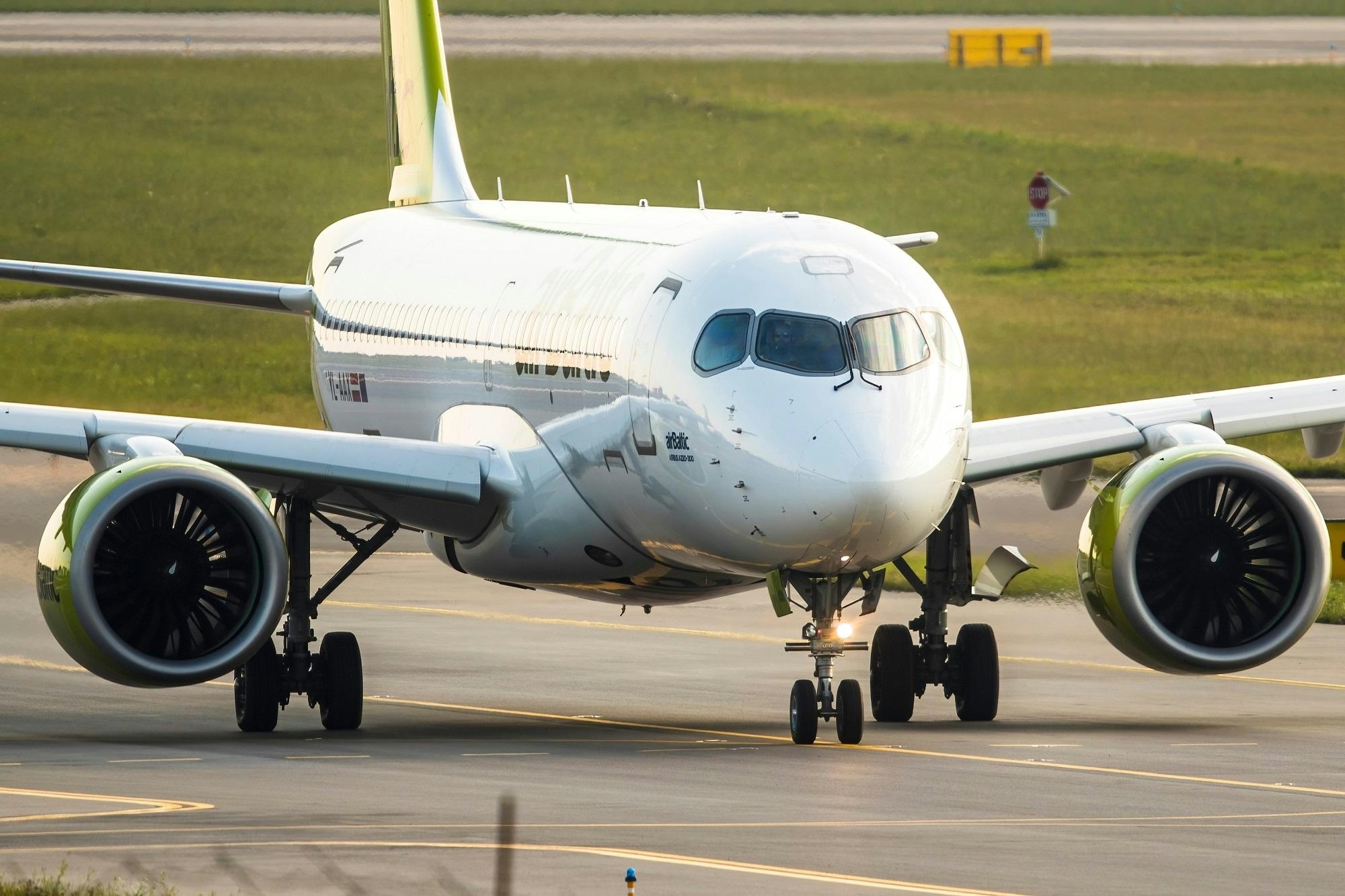
Air Serbia and airBaltic expand cooperation with Airbus A220 lease agreement
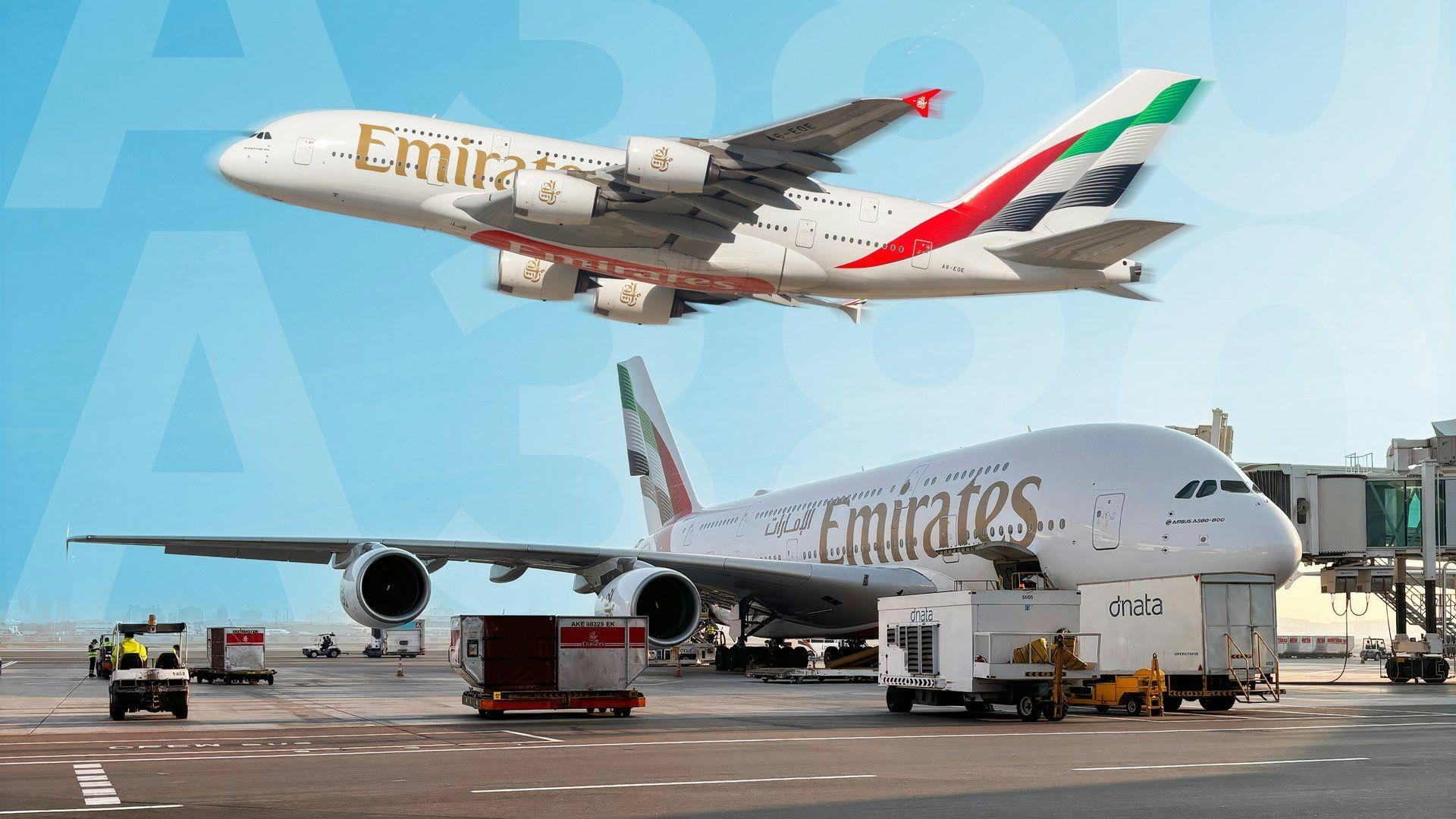
Emirates’ Top Airbus A380 Routes for 2025
